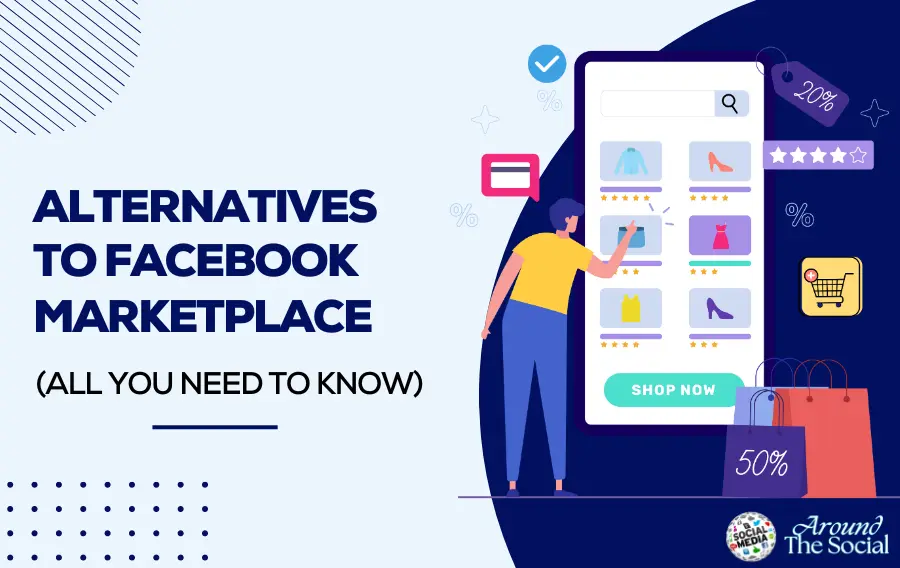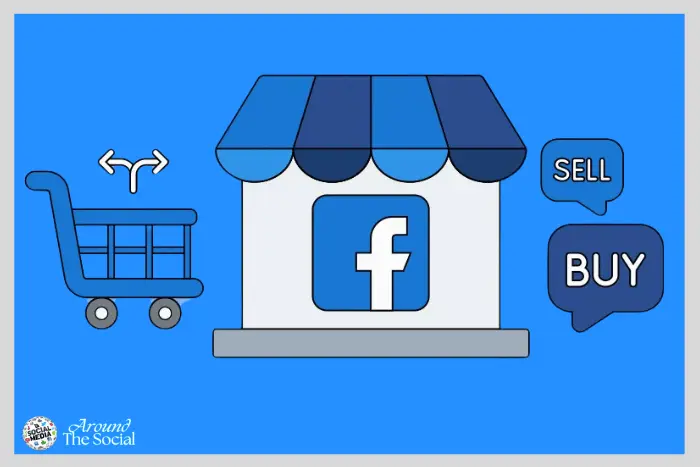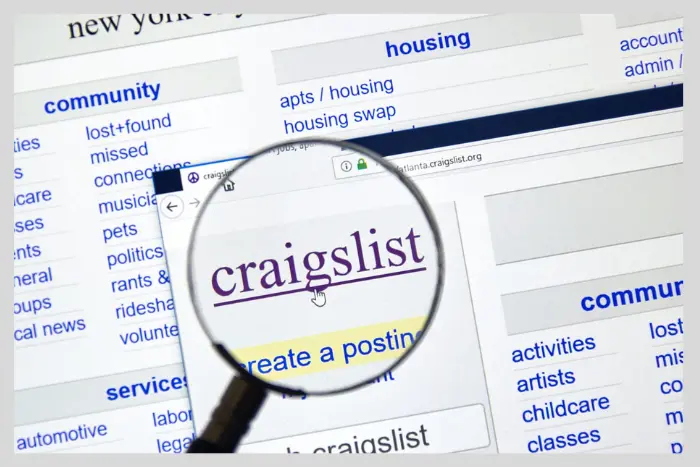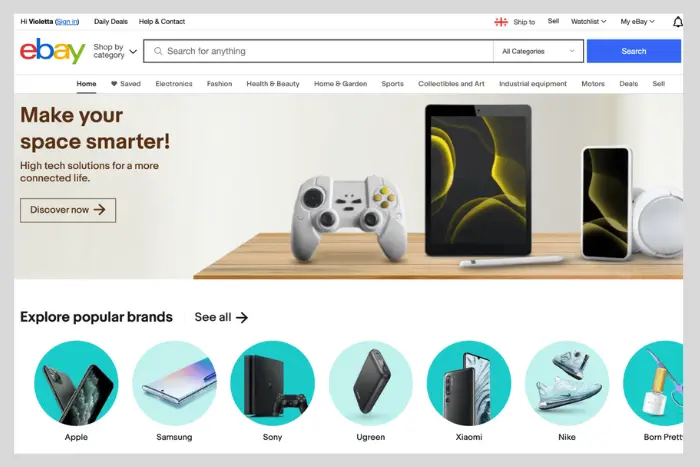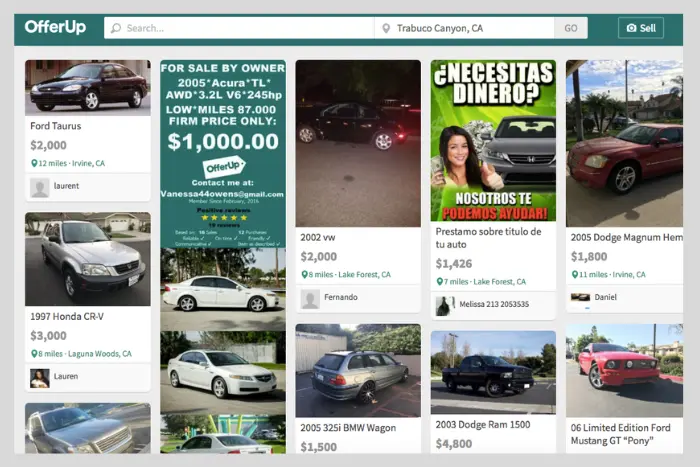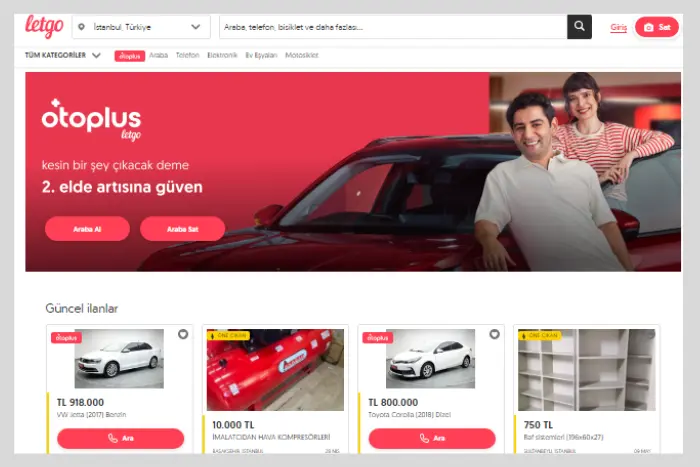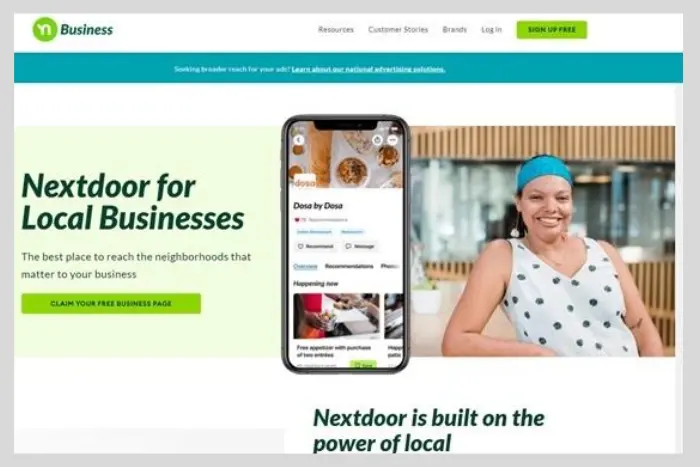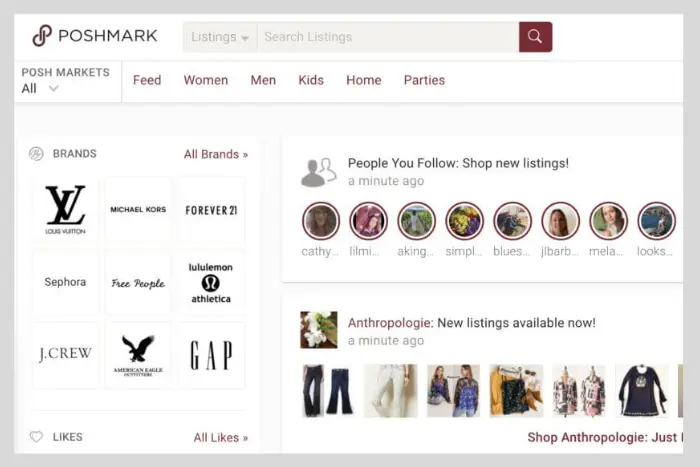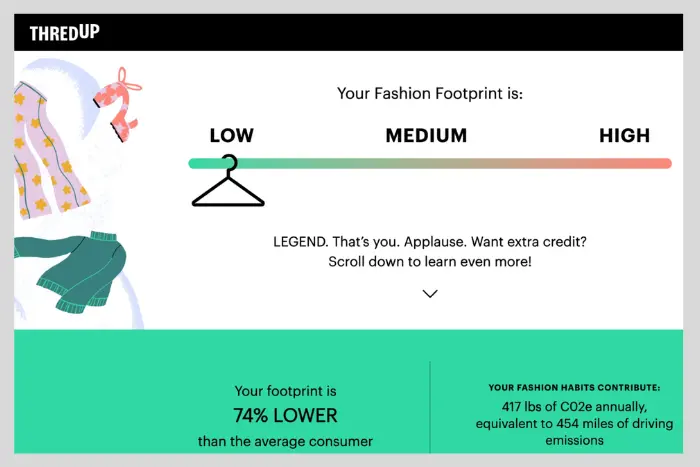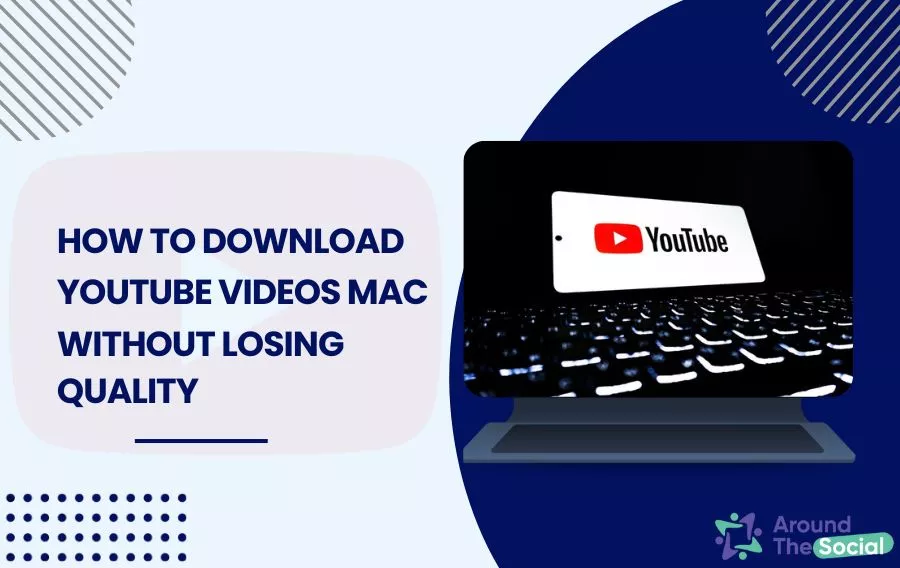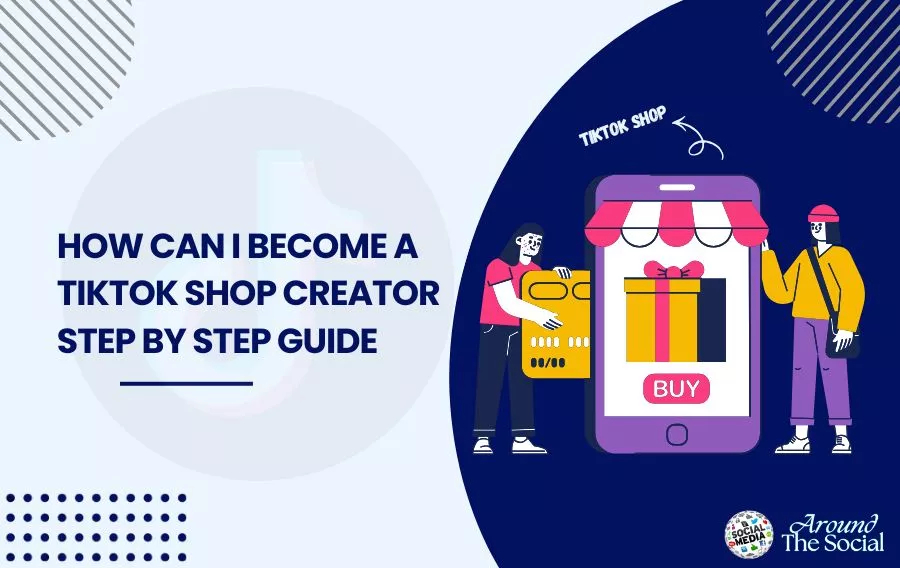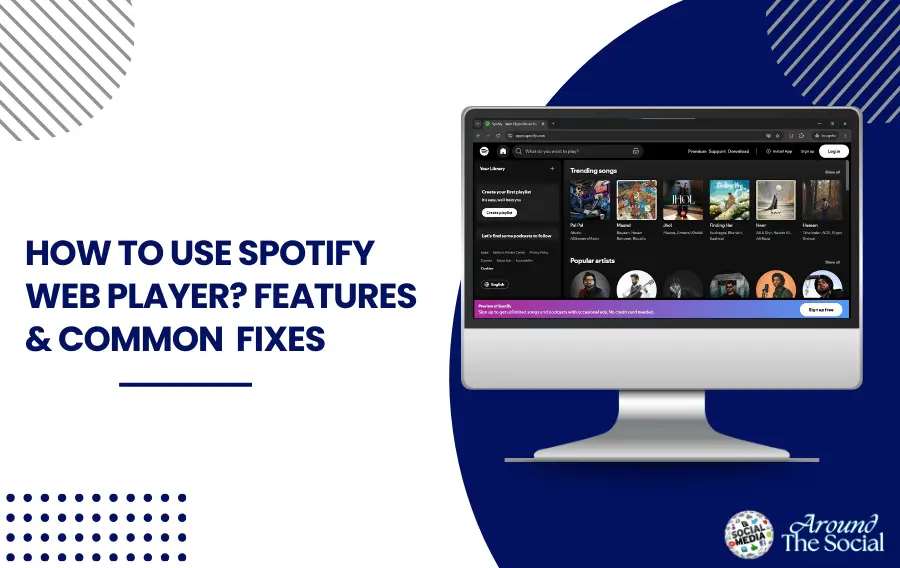In recent years, Alternatives to Facebook Marketplace have emerged as popular platforms. They are usually popular for buying and selling goods locally. It provides a convenient way for users to connect with potential buyers and sellers in their community.
While the Alternatives to Facebook Marketplace offers many benefits, it also has limitations. For those seeking alternative platforms, there are several noteworthy options to consider.
In this article, we’ll explore what Facebook Marketplace is, and its benefits. It also explains how to use it, and why you might want to look for alternatives. We’ll then dive deep into some of the best alternatives available.
Quick Answer
Top alternatives to Facebook Marketplace involve Craigslist for the local classifieds, OfferUp for the local transactions, eBay for a broader variety of items alongside global reach, Letgo for easy local selling, and Nextdoor for community-focused buying alongside selling. Each provides ideal features customized to several needs alongside preferences.
What is Facebook Marketplace?
Facebook Marketplace is a feature in Facebook that allows users to buy and sell items. Users might buy or sell things within their local community.
It works like an effective garage sale. Here users can list items they want to sell and browse things from other users in their area. The platform supports a wide range of categories.
These categories include electronics, clothing, furniture, and vehicles. Its integration with Facebook means that users can leverage their existing social network to enhance trust.
You Can Also Read: What Does Highlight Mean on Facebook?
Benefits of Facebook Marketplace
- Widespread Reach: With billions of active users, Facebook Marketplace benefits from an enormous user base. It makes it easier to find potential buyers and sellers nearby.
- Ease of Use: The platform is unified directly into Facebook. It means you don’t need to make a separate account and navigate a new interface. Listing products is straightforward. It can be done with just a few clicks.
- Local Transactions: The marketplace aims at local buying and selling. It can help decrease shipping costs alongside enabling face-to-face transactions.
- Cost-Effective: There are no fees for listing items or making sales on Facebook Marketplace. It makes it a cost-effective option as compared to some other platforms.
How to Use Facebook Marketplace?
- Access Marketplace: Open the Facebook app or website. Then click on the Marketplace icon. If you do not see it immediately, you can search for “Marketplace” in the search bar.
- Browse or Search: You can browse through categories. You can also utilize the search function to find particular items.
- List an Item: Click on “Sell Something”. Fill out the details about your item. Then upload photos, set a price, and then choose a location. Once posted, your listing will be obvious to other Facebook users in your area.
- Communicate: Interested buyers and sellers will contact you via Facebook Messenger. You can navigate the terms, and arrange for pickup alongside finalizing the transaction.
Why should you Look for the best Facebook Marketplace Alternatives?
While Facebook Marketplace is suitable, it may not be the best fit for all users. Reasons to analyze alternatives involve:
- Privacy Concerns: Facebook’s data policies along with privacy issues may be a concern for some users.
- Market Saturation: The complete volume of users can make it hard for listings to stand out.
- Limited Features: Facebook Marketplace may lack some enhanced features found in dedicated selling apps.
- Geographical Restrictions: Depending on your location, the effectiveness of Facebook Marketplace may vary.
You Can Also Read: Top 20 Old Facebook Games You Loved to Play
7 Best Alternatives to Facebook Marketplace
1. Craigslist
A long-standing player in the online classifieds space is Craigslist. It offers a broad range of categories along with local listings. It’s a simple, no-frills platform that allows users to post ads along with browsing listings. Users can post ads without making an account.
Pros:
- Free Listings: Most categories are free to post. That makes it cost-effective for buying alongside selling.
- Local Transactions: it facilitates local deals. Also reduces shipping costs and allows face-to-face transactions.
Cons :
- Scams and Fraud: The platform can attract scams. It can also attract fraudulent listings, needing caution alongside due diligence.
- Limited Moderation: Less moderation can address inappropriate content.
2. eBay
Ideal for those looking to reach a global audience and sell their items. eBay offers extensive features for both buyers alongside sellers. The platform supports several selling formats. It also offers buyer protection, by listing fees and shipping costs may apply.
Pros:
- Global Reach: Access to a huge international marketplace. It allows buyers and sellers to engage worldwide.
- Auction and Buy-It-Now Options: Flexible purchasing techniques, involving auctions for bargains. It offers fixed prices for immediate purchases.
cons:
- Fees: Listing and selling fees can add up. It can affect overall profitability.
- Scams and Fraud: Risk of encountering fraud listings and sellers, by eBay has protections.
- Shipping Costs: Buyers might experience high shipping costs, specifically for international purchases.
You Can Also Read: How to Download Private Facebook Videos?
3. OfferUp
This mobile app focuses on local buying and selling. It is similar to Facebook Marketplace. It involves user ratings that can assist build trust among buyers or sellers. OfferUp also provides a streamlined interface or integrated messaging system.
Pros:
- Local Transactions: It facilitates easy local buying alongside selling. It reduces shipping costs by allowing in-person exchanges.
- User-Friendly Interface: Innate app design that clarifies listing items alongside browsing.
- No Listing Fees: It is free to list items, making it a cost-effective app for sellers.
Cons:
- Scams and Fraud Risk: There is potential for encountering scams and fraud listings. Therefore, user reviews alongside ratings can help.
- Limited Search Features: Search filters with sorting options are less enhanced as compared to some other apps.
4. Letgo
Now unified with OfferUp in the U.S., Letgo is another user-friendly platform manufactured for local transactions. It permits users to list items easily alongside communication by the app. The interface is innate, and it supports a huge variety of categories.
Pros:
- User-Friendly Interface: It is an easy-to-use app with straight navigation for listing alongside browsing items.
- Local Transactions: It facilitates local buying with selling. That reduces shipping costs alongside permits for in-person exchanges.
- No Listing Fees: It is free to list items, making it cost-effective for all users.
Cons:
- Scams and Fraud Risk: There is potential for scams and fraud listings. Therefore, user ratings with reviews can provide some protection.
- Limited Search and Filtering: Basic search alongside filter options might not be advanced.
You Can Also Read: Best 20 Interactive Facebook Posts Ideas to Boost Engagement
5. Nextdoor
It is known for its neighborhood-based social networking. Nextdoor allows users to buy and sell items in their local community. It’s a good option for those looking to engage with neighbors. It is also good for people who take part in a community-oriented marketplace.
Pros:
- Local Community Focus: It connects users with their sudden neighborhood, encouraging a vision of the local community.
- Neighborhood-Specific: It tailors content alongside discussions to particular neighborhoods. It also provides relevant local information alongside events.
Cons:
- Privacy Concerns: As a neighborhood-focused app, it might increase privacy issues for users. It can do so by sharing personal information in a local community.
- Limited Reach: Initially effective in particular neighborhoods, that can restrict the user base alongside markets for selling products.
- Moderation Issues: User-generated content alongside discussions can address disputes.
6. Poshmark
Specializing in fashion, Poshmark is an excellent platform. It is great for selling or buying new or gently used clothing. It provides features like virtual “Posh Parties”. It provides a secure payment system.
Pros:
- Specialized in Fashion: It focuses on buying alongside selling new and less used clothing, accessories along beauty products.
- User-Friendly App: Easy-to-use interface for listing products, and browsing alongside managing sales.
Cons:
- Fees: It charges a 20% commission on sales over $15 alongside a flat $2.95 fee on sales under $15. That can affect profitability.
- Shipping Costs: While shipping labels are offered, buyers alongside sellers may face higher shipping costs as compared to local apps.
- Market Saturation: It has high competition among sellers. It can make it challenging to stand out and sell products quickly.
7. ThredUp
Another fashion-focused platform is ThredUp. It is an online consignment store where users can sell or buy secondhand clothes. It’s great for those looking to clear their wardrobe and find great deals on gently utilized fashion products.
Pros:
- Convenient Selling: Easy to sell products by asking for a clean-out kit, packing up clothes alongside sending them to ThredUp.
- Wide Selection: It offers a wide variety of gently used clothing alongside accessories for women with children.
- Eco-Friendly: It promotes sustainable fashion by encouraging the reuse alongside recycling of clothing.
Cons:
- Lower Payouts: Sellers might receive lower payouts as compared to selling directly. It is due to ThredUp’s fees alongside processing costs.
- Slow Selling Process: Items may take longer to sell alongside sellers that have less control over pricing and timing.
- Limited Seller Interaction: Sellers interact less with buyers and have limited capability to regulate their listings.
- Shipping and Processing Fees: ThredUp’s fees for sending in products and processing them can impact sellers’ overall profitability.
Conclusion
Alternatives to Facebook Marketplace offer a convenient way to buy or sell items. Exploring alternatives can offer more features or different selling experiences, whether you’re looking for a more specialized platform for specific types of items.
If you prefer a different user experience, several options are available to suit your desires. By recognizing these options, you can find a good fit for your buying or selling preferences.
Explore more social media insights and services at Around the Social Cheers!
